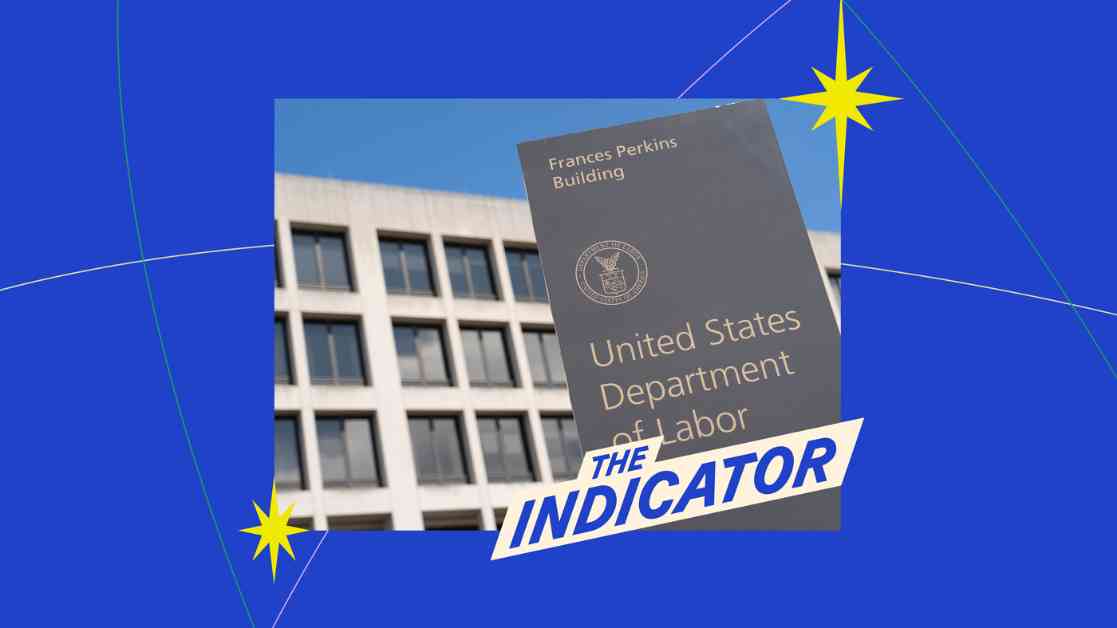In the current landscape of shifting political agendas and technological advancements, the trustworthiness of official government data, such as the monthly jobs report, has come into question. With the Trump administration’s proposals to alter GDP calculations and concerns about cybersecurity breaches like DOGE accessing sensitive government information, statistical agencies are facing heightened scrutiny. Amidst these challenges, the credibility of key economic indicators hangs in the balance.
Former Bureau of Labor Statistics commissioner, Janet Norwood, reflects on her apprehensions regarding the future integrity of government data. As a seasoned expert in labor market analysis, Norwood’s insights shed light on the complexities and potential vulnerabilities of the statistical reporting process. Her perspective offers a unique blend of experience and foresight, highlighting the importance of maintaining transparency and accuracy in data collection and analysis.
Challenges in Data Integrity
One of the primary concerns surrounding the monthly jobs report is the potential for external influences to compromise its accuracy. In an era where data privacy and cybersecurity are at the forefront of public discourse, the vulnerability of government databases to cyber threats poses a significant risk. Recent incidents, such as the DOGE accessing sensitive government information, underscore the need for robust security measures to safeguard critical data.
Expert opinion from cybersecurity analysts emphasizes the importance of implementing stringent protocols to protect government data from unauthorized access. As technology continues to evolve at a rapid pace, staying ahead of potential threats requires a proactive approach to cybersecurity. By investing in state-of-the-art security systems and fostering a culture of data protection, statistical agencies can mitigate the risks associated with external interference.
Ensuring Data Transparency
In addition to cybersecurity challenges, maintaining data transparency is essential for upholding the credibility of economic indicators like the monthly jobs report. The process of data collection and analysis must adhere to strict protocols to ensure accuracy and reliability. Any discrepancies or inconsistencies in reporting can erode public trust and undermine the integrity of official statistics.
To address these concerns, statistical agencies must prioritize transparency and accountability in their data reporting practices. By establishing clear guidelines for data collection, analysis, and dissemination, agencies can enhance the credibility of economic indicators and provide stakeholders with reliable information for decision-making. Collaborating with industry experts and academic researchers can also help validate the accuracy of statistical findings and promote a culture of data integrity.
As we navigate the complexities of a rapidly changing economic landscape, the need for trustworthy and reliable data has never been more critical. By addressing the challenges of data integrity head-on and embracing a culture of transparency and accountability, statistical agencies can uphold the credibility of key economic indicators and ensure the continued trust of the public.
In conclusion, the monthly jobs report remains a vital tool for monitoring labor market trends and informing policy decisions. By staying vigilant against external threats, prioritizing data transparency, and upholding the highest standards of data integrity, statistical agencies can maintain the reliability and credibility of official government data for years to come.



















